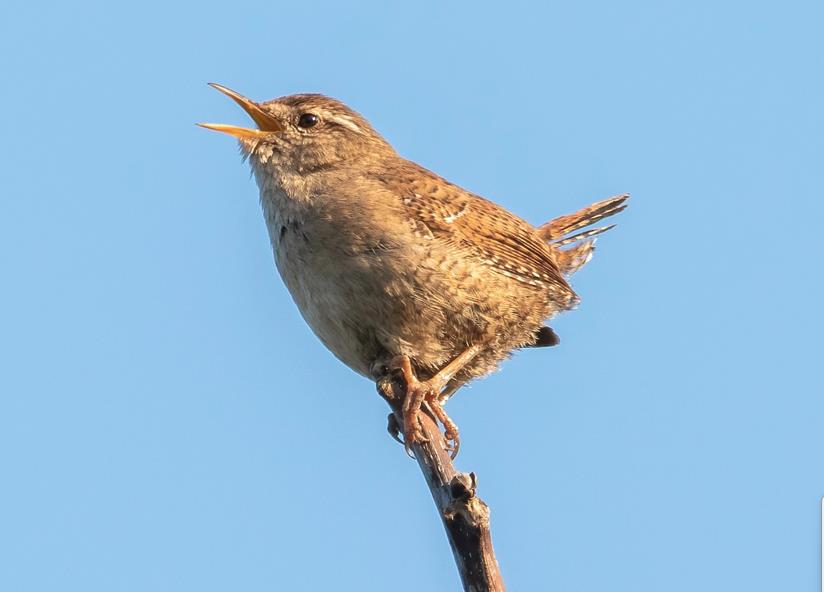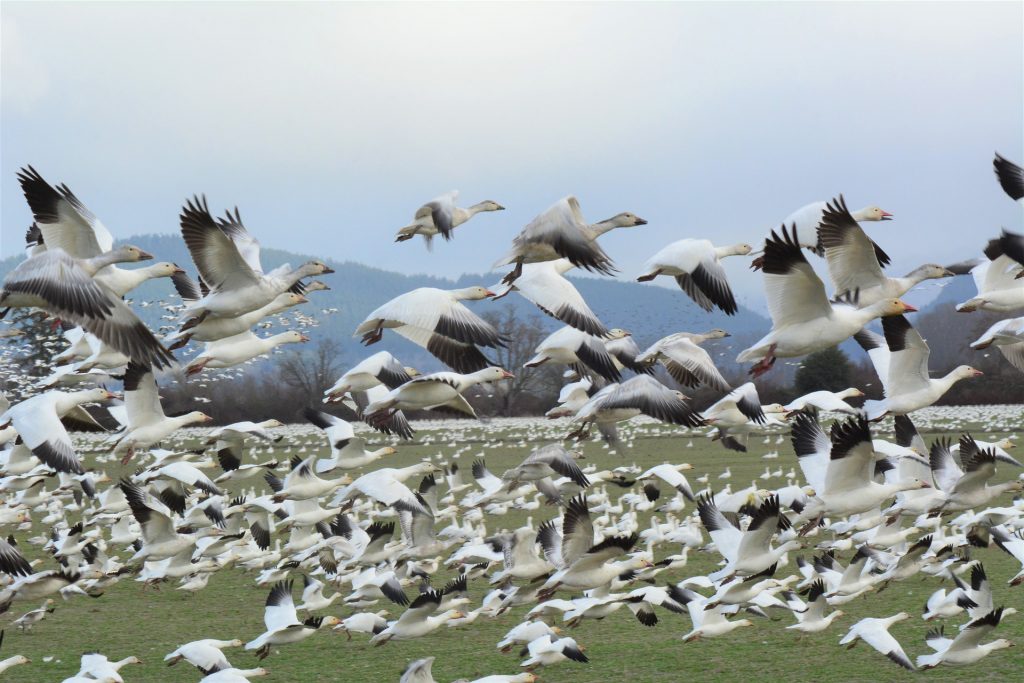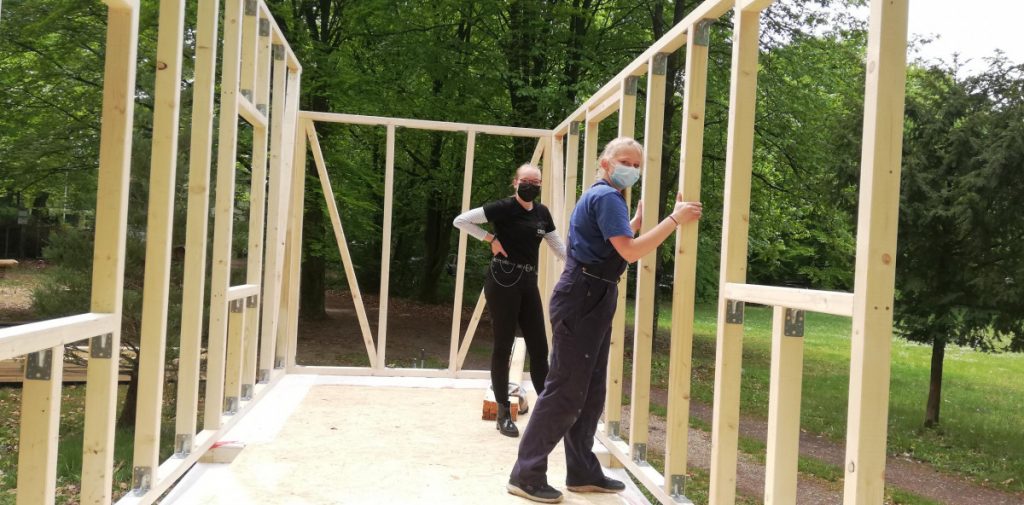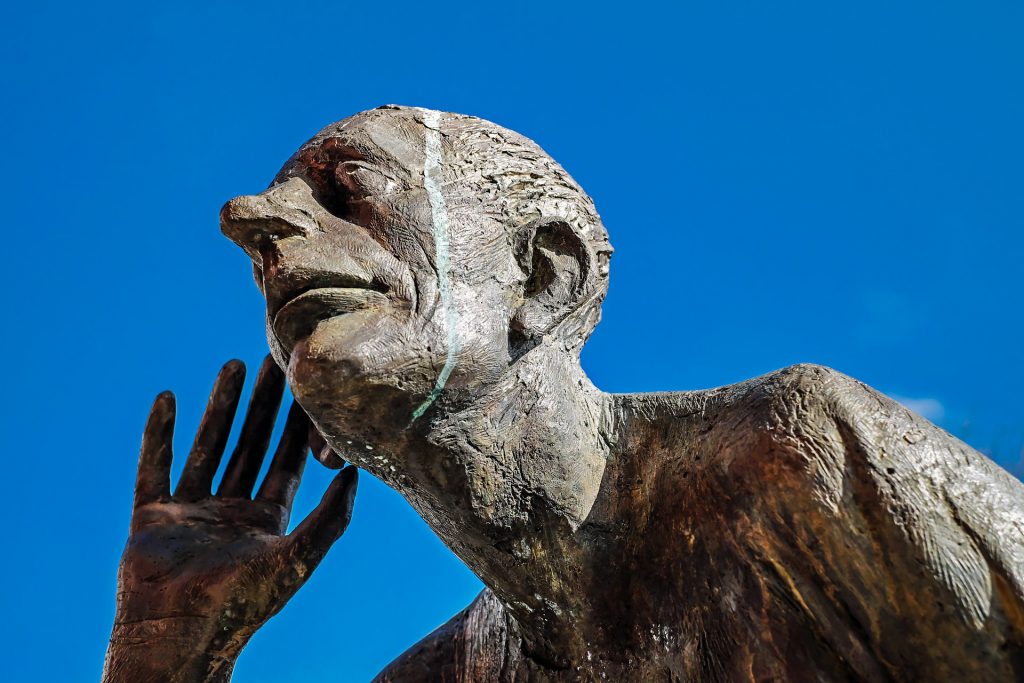
I’m visiting friends in Hamburg, who live on the 5th floor of a modern house with a small garden. And early in the morning at 4:30 a.m. I am woken by the piercing chirping of my favourite bird, Troglodytes troglodytes. This animal alarm clock is the loudest loudmouth (between 40 and 90 decibels!) in relation to its body size (about 10 cm) in the diverse ornithological kingdom: my favourite bird, the wren. With its tail always up when it sings, it acts with great self-confidence. The male belts out “with warbles and trills and ends abruptly. It (the song) is composed of about 130 different sounds.” (Wikipedia)
According to a very old fable, it also reputed to be a trickster who likes to fool other animals. In order to escape the revenge of the aggrieved, he is said to lurk mostly in hedges and bushes. Trickster or not, I like the little fella, even at 4:30 in the morning, when he is the first to open the dawn chorus.










